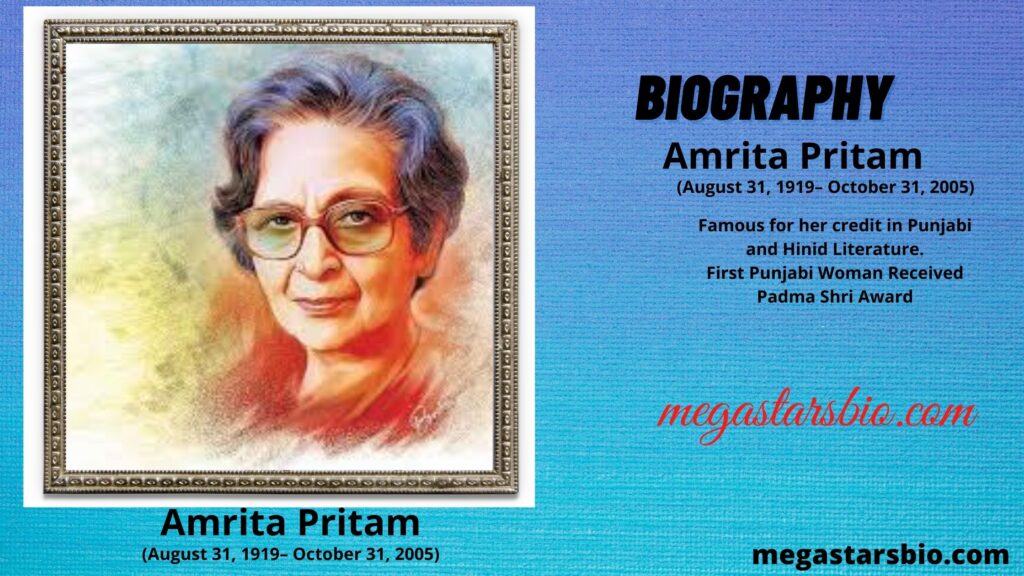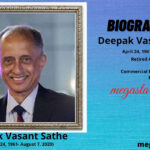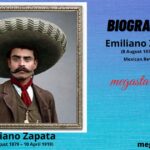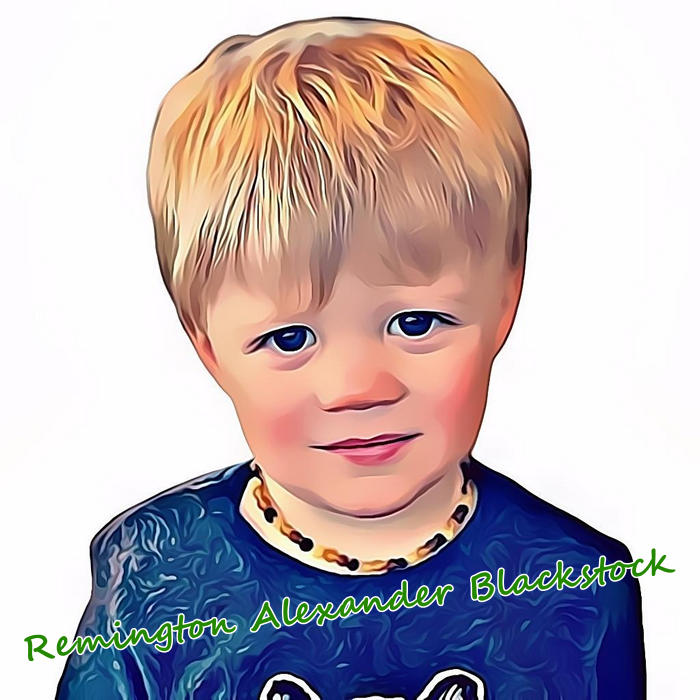Amrita Pritam (August 31, 1919– October 31, 2005) was one of the most famous writers of Punjabi And the Hindi language. Amrita Pritam, born in the Gujranwala district of Punjab (India) (now in Pakistan after the 1947 India Pakistan partition), is considered the first Punjabi language poet. As the year 2020 is now set, and August is running, this August 31st day in 1919, famous poet Amrita Pritam was born in a Middle-class Punjabi family. Now Whole India will celebrate its 101 birth anniversary on 31st August 2020.
In total, she has written around 100 books, including her famous autobiography ‘Rasidi Ticket.’ She has written 24 novels, 23 volumes of poetry in Hindi and Punjabi language, and 16 short stories collections. Her writing stands for strong feminists, poems, and other works where she has exposed the suffering of an oppressed woman and the violence and misery endured by the Punjabis family during the partition of India in 1947.
Amrita Pritam was among those litterateurs whose works are praised and translated into many other national and international languages. In her last days, Amrita Pritam also received Padma Vibhushan in 2004, India’s second-highest honor after Bharat Ratna. She was also awarded the Sahitya Akademi Award and Jnanpith Award, Indian’s highest literary award. Her best works and known for Novel “Pinjar” (English/Translation: The Skeleton1950), for which she became famous and known for him, Bollywood film was also made in 2003 using the same name based on the Novel “Pinjar.” The poems also included in that film Aaj Aakhaan Waris Shah nu- “Ode to Waris Shah.”
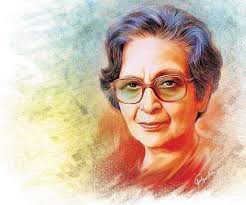
| NAME | Amrita Pritam |
| ORIGINAL FULL NAME | Amrit Kaur |
| NICKNAME(S) | Amrit |
| BORN (DATE OF BIRTH) | 31st August 1919( 31.08.1919) |
| Died | 31st October 2005(31.10.2005) |
| AGE(AS OF 2005) | 86 YEARS OLD |
| BIRTHPLACE | Gujranwala, Punjab, India ( now at Pakistan) |
| NATIONALITY | INDIAN |
| Religion | Sikhism |
| PROFESSION | Writer, Editor, Novelist, Poet, Essayist, Autobiographer & Author |
| ZODIAC SIGN (SUN SIGN) | Virgo |
| Date of Death | 31st October 2005 |
Also Read: Dr. Muthulakshmi Reddi
Amrita Pritam Family Background
Table of Contents
Amrita Pritam was Born in a Middle-class Punjabi family, and her name was Amrita Kaur. She was born into a Sikh family; her mother was Raj Bibi and Father Kartar Singh Hitkari. Her mother was a School teacher. Her father, Kartar Singh Hitkari, was an Editor of a literary journal and a preacher. Kartar Sing was a respected man, and he delivered preaches because he served as a preacher during his free time,
At the age of 11, she lost her mother, the sudden demise made him sad, and she used to express herself through writing poems. When she was just 17 years old, her first poem, “Amrit Lehran,” got published.
Amrita Married Pritam Sang when she was just 16 years old, and after that marriage, she changed her Surname Amrita Kaur to Amrita Pritam.
She has two children, Daughter Kandala and Son Navraj Kwatra.
| Father’s Name | Kartar Singh Hitkari |
| Mother’s Name | Raj Bibi |
| Sister Name | N/A |
| Brother Name | N/A |
| Husband | Pritam Singh |
| Children | Kandala (Daughter) Navraj Kwatra (Son) |
| Marital Status | Divorced |
| Partner Name | Imroz |
| Ex-boyfriends | Sahir Ludhianvi |
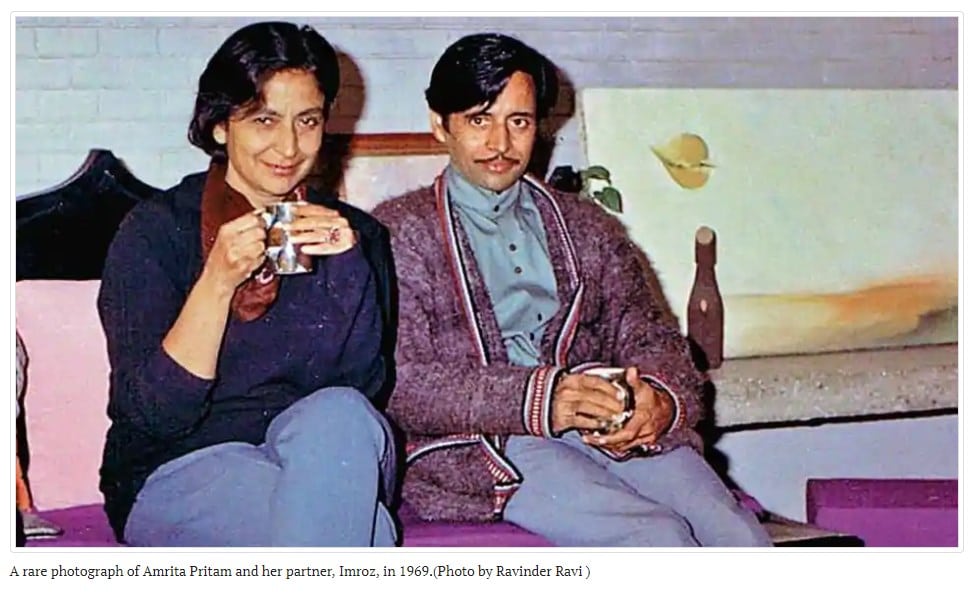
Amrita Pritam Education Qualification
Amrita Priam was a bright student and had a keen interest in literature. She began to write poems when she was just 11 years old; the shocking and sudden demises of her mother Raj Bibi make her lonely. She overcomes the loneliness; she writes poetry on her paper to express her loneliness.
| School | N/A |
| College | N/A |
| Amrita Pritam Education Qualification | N/A |
You can also Read:1. Kamini Roy Poem, Quotes, Wiki, Books, Poet & Writer
2. Dr. Muthulakshmi Reddi – India’s first female Doctor and MLA wiki, Biography, and More
3. Rahat Indori Indian Bollywood lyricist Wiki, Death, Biography and more
4. Vadivelu’s net worth
Amrita Pritam Career
- She started writing poems at an early age in 1936, and she composed and published several dozen poems by 1943.
- At the begging, she used to write Romantic poems, but gradually her bitter experience with partition and her mother’s death all those complex things worst and painfully experiences make him the strongest feminist. And she becomes a progressive Writers.
- Her poetry collection “Lok Peera” (People’s Anguish) was published in 1944, which she criticized the bad war-torn economy in the Bengal famine of 1943. She becomes a bold writer and her Pens writes freely without any fear.
- She worked with Lahore Radio station for a while in 1940.
- In 1947 she witnessed unspeakable horrors in front of her own eyes, the partition of India took place in that year, and more than 15 million Hindu, Sikhs killed looted and raped in that communal riots Between Muslim community and Hindu- Sikhs community.
- Somehow she escaped from that riots and being a Sikh refugee she moved to New Delhi from Lahore, where she struggled to rebuild her life again.
- She worked in All India Radio(Delhi) under Punjabi service till 1961. She continued the service till her 1961 and in between 1960 just One year before she got divorced. After that, she becomes more feminist and raised a strong voice against woman empowerment and woman right. She left the job in 1961.
- Her works on Poems “Ajj Aakhaan Waris Shah Nu” ( “Today I Ask Waris Shah“) which is a melancholic and sarcastic collection of poems published in 1948 he expressed her anger through the poem due to unspeakable pain causing the partition of India. Where her eye-witnessed horror of partition, unbearable pains of refugees and millions of killings and death occurs, and her unsatisfied marriage life agony has been expressed through these poems.
- In 1950 her Novel “Pinjar” (The Skeleton) has been published. The novel becomes so popular that it has been adapted into an award-winning Hindi film the same name.
- She also wrote several Novels like ‘Dharti Sagar te Sippiyan,’ “Unah Di Kahani,” etc. Among those also latter many of the novels were used in Movie.
Kadambari which is released in 1965 is based on her Novel “Dharti Sagar te Sippiyan,” - Her initial phase of writing was romantic poems, latter she shifted into progressive Short stories and novels and poems, and after that Spiritual and Dreams. At that time She mostly works on Punjabi and Hindi language, her works on the Urdu language also seen impressive.
Amrita started writing Spiritual and dream themes. Influenced by her Spiritual Guru and Godman Rajneesh, Better Known as Osho, she started writing based on those thoughts. Her notable works on those Spirituals and dreams include, “Kaal Chetna” and “Agyat Ka Nimantran” Her one of the AutoBiography Shadows of Words (2004) based on that Osho. “Ek Onkar Satnam” is based on Spirituality and reflected the direct influence of Osho. - Her notable, impressive works on poems, short stories, novel, important compositions translated into many other native foreign languages around the world. She Honored with the Sahitya Akademi Award in 1958, Awarded by the Language Department of the Government of Punjab in 1958, Jnanpith Award, India’s highest literary award in 1962 and Bulgari Vaptsarov Award,’ (International) in the same year.
She received great fame and name for his Punjabi poem Ajj Akhan Waris Shah Noon which is published in 1948. She expressed her anger through these poems, the terrible events that happened in Punjab during the partition of India 1947.
Amrita Pritam became famous and popular, found love on both sides of the India-Pakistan border. In her long career of more than six decades, he also wrote more than 100 books, 24 novels, biographies, essays, and Punjabi folk songs and autobiographies and poems. Her valuable and heart-touching writings and her poetry, stories have been translated into many Indian and foreign languages.
She is pretty famous for one of his favorite poems, “Ajj Aakhaan Waris Shah Nu” ( Today I invoke Waris Shah), celebrated both Indian, Pakistan, and other countries where it’s been translated into their languages. Her commendable work as a novelist is visible to us in Pinjar (1950)( English/Translation: The Skeleton). In 2003 award-winning Hindi film Pinjar was also made based on this novel with the same name.
When ancient British India was partitioned as the independent state of India in 1947, after partition, she came to Lahore, India. But this didn’t affect his fame; even after separation, the Pakistani people loved his poetry as much as before the partition. Despite her most formidable competitor Mohan Singh and Shiv Kumar Batalvi, her popularity did not decrease in India and Pakistan.
Amrita Pritam death 2005
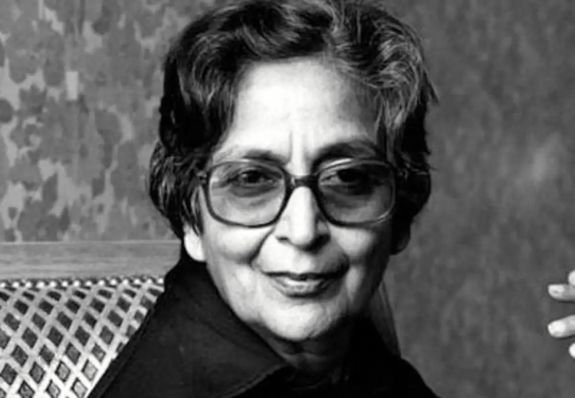
Amrita Pritam breathed his last on 31 October 2005; after a prolonged illness, she died. The writer was 86 years old when she died in 2005 and Lived in the Hauz Khas area of South Delhi, India.
She is no longer among us, but her poems stories, Novels, and short essays will remain; memories will stay with us forever. Writers like Amrita Pritam were born once a while; her passing has brought an end to an era, the empty created will never be filled, but her literature activities and writing works will always live among us and guide us.
Also Read: Bappi Lahiri Passed Away
Google Doodle honors writer Amrita Pritam on her 100th Birth Anniversary
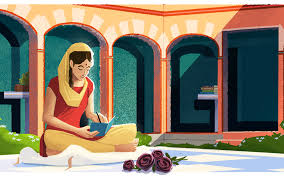
Amrita Pritam Bibliography
In her long career of more than 60 years, she penned 28 novels, 18 anthologies of prose, five short stories 16 miscellaneous prose volumes included.
Here is the list of her works…
Novel
1. Doctor Dev (1949) – (Translated into Hindi, Gujarati, Malayalam, and English)
3. Ahlana (1952) (translated into Hindi, Urdu, and English).
4. Ashu (1956) – Translated into Hindi and Urdu.
5. Ik Sinohi (1959) translated into Hindi and Urdu.
6. Calling (1960) translated into Hindi and Urdu.
7. Bandar Darwaza (1961) translated into Hindi, Kannada, Sindhi, Marathi, and Urdu.
8. Rang da Patta (1943) translated into Hindi and Urdu.
9. Ek Si Anita (1949) translated into Hindi, English, and Urdu.
11. Dharti Sagar Te Sipiyan (1985) translated into Hindi and Urdu.
12. Delhi Diyan Galiyan (1949) translated into Hindi.
13. Ekte Ariel (1949) translated into Hindi and English.
14. Jalavatan (1960) – Translated into Hindi and English.
15. Yatri (1961) translated into Hindi, Kannada, English, Bangla and Sarbokarot .
16. Jebakatare (1961), translated into Hindi, Urdu, English, Malayalam, and Kannada.
17. Ag da Buta (1962) Translated into Hindi, Kannada, and English.
18. Pakki Haveli (1962) translated into Hindi .
19. Ag Diakir (1949) translated into Hindi .
20. Kachcha road (1965) translated into Hindi.
21. None Jananda (1985) translated into Hindi and English.
22. Unhain Di Kahani (1949) translated into Hindi and English.
23. It is true (1949) translated into Hindi, Bulgarian and English.
24. Second floor (1949) translated into Hindi and English.
25. Teharwan Suraj (1949) translated into Hindi, Urdu, and English.
26. Uninja Din (1949) translated into Hindi and English.
27. Kore paper (1962) translated into Hindi.
28. Hardatta da Zindaginama (1972) – Translated into Hindi and English .
Autobiography
- Black Rose (1968)
- Rasidi Ticket (1976)
- Shadows of Words (2004)
Short stories
- Kahaniyan jo Kahaniyan Nahi
- Kahaniyon ke Angan mein
- Stench of Kerosene
Poetry anthologies
- Amrit Lehran (Immortal Waves)(1936)
- Jiunda Jiwan (The Exuberant Life) (1939)
- Trel Dhote Phul (1942)
- O Gitan Valia (1942)
- Badlam De Laali (1943)
- Sanjh de laali (1943)
- Lok Peera (The People’s Anguish) (1944)
- Pathar Geetey (The Pebbles) (1946)
- Punjab Di Aawaaz (1952)
- Sunehade (Messages) (1955) – Sahitya Akademi Award
- Ashoka Cheti (1957)
- Kasturi (1957)
- Nagmani (1964)
- Ik Si Anita (1964)
- Chak Nambar Chatti (1964)
- Uninja Din (49 Days) (1979)
- Kagaz Te Kanvas (1981)- Bhartiya Jnanpith
- Chuni Huyee Kavitayen
- Ek Baat
Also Read: Kamini Roy
Literary journal
- Nagmani, poetry monthly
Honors and awards She received :
Great literature Amrita Pritam was also honored with several national and international awards; the prominent author received many honorary awards, among them few essential awards are the Sahitya Akademi Award in 1956, the 1958 Award by the Department of Languages of the Government of Punjab, the 1988 Bulgaria International Vaptsarov Award (International) and 1982 Jnanpith Award, India’s highest literary award. She was the first woman to receive the Sahitya Akademi Award and the first Punjabi woman to be awarded the Padma Shri award in 1969.
Amrita Pritam Award List
1. Sahitya Akademi Award (1956) .
2. Padmashree (1969).
3. Doctor of Literature (Delhi University – 1973).
4. Doctor of Literature (Jabalpur University – 1973).
5. Bulgaria Vaptsarov Award, (Bulgaria – 1988).
6. Indian Jnanpith Award (1982) .
7. Doctor of Literature (Visva Bharati Santiniketan – 1987).
8. Honor by the Government of France (1987).
9. Padma Vibhushan (2004).

